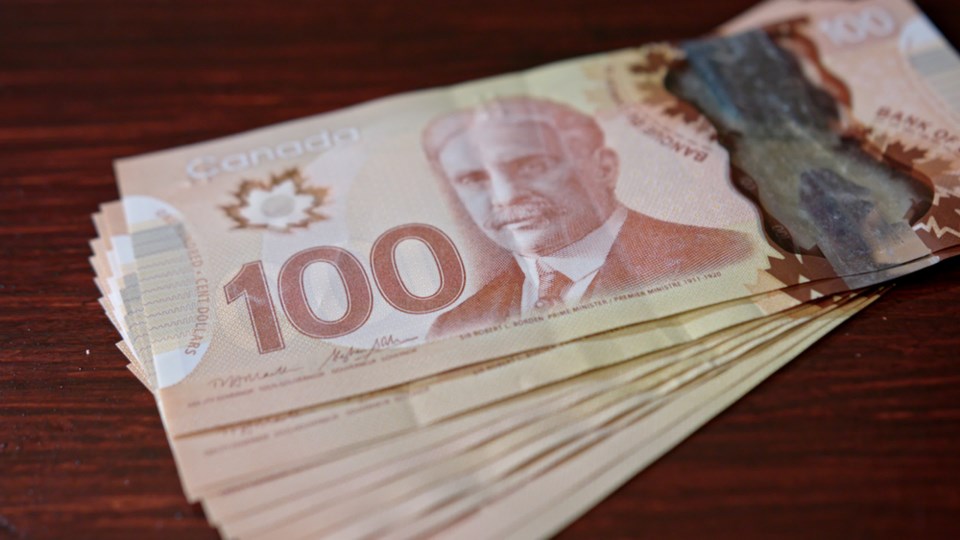City council’s travel budget policy will likely change this year to better reflect the fact councillors have not spent as much money on trips as has been allocated for them.
A total of $41,635 has been budgeted for travelling and conventions for council this year, which is an increase of $1,009 — or 2.5 per cent — compared to 2019, when it was $40,628.
In 2018 council’s travel budget was $40,032, compared to $39,595 in 2017.
The issue of how much council spends to attend conventions and to travel versus its actual budget arose during the recent 2020 budget discussions.
Council does have a huge travel budget, said Coun. Scott McMann. However, councillors are reaching the end of their four-year term and he doubted anyone would attend as many conventions next year as in the past. While there is the Federation of Canadian Municipalities (FCM) meeting in Toronto in June, council’s term ends on Nov. 9, 2020.
“Since it’s four years on now, we never came close to spending (the travel budget). I assume we will not spend it again,” he added.
According to the 2020 budget document, council spent roughly $18,776 on travel and conventions in 2019, which is less than half what was budgeted.
No data was available for how much councillors and mayor spent on travel in 2018, but in 2017, they spent around $14,231, compared to their budget of $39,595.
Council has directed city administration to conduct a review of how much money councillors receive, said city manager/city solicitor Myron Gulka-Tiechko. Travel funding is one issue that the three-member panel will look at during the review. City administration also intends to issue a public survey in the new year to acquire input into what council salaries and benefits could be.
“We do have bylaw in place for travel budgets and remuneration,” he added.
During the 2020 budget discussions, city administration pitched a trio of economic development initiatives for $30,000. This included spending $10,000 for the mayor and one municipal staffer to travel to China with representatives from Carpere Canada on a trade mission to promote the Southeast Industrial Park. The funding would likely come from the land reserve account.
“It is considered the cost of doing business,” said city manager Jim Puffalt, who noted the trade mission would help bring the food industry to the industrial park.
It might be a good idea to work with the province on this initiative since it has more resources, he added. Money won’t be spent on this initiative if travel to China in 2020 is not needed.
Pulling money from the land reserve account is a stretch in responsibility, said Coun. Dawn Luhning. Although she isn’t the one travelling overseas, she pointed out she hasn’t used her travel budget as a councillor for the last three years since she is on the board of the Saskatchewan Urban Municipalities Association (SUMA) and that organization pays her way.
Luhning wondered what happened each year with all of the money council didn’t use for travel or to attend conventions.
That money does not roll over into the next year but winds up in the accumulated surplus account, assuming there is a surplus at the end of the year, said finance director Brian Acker.
The policy around the travel budget needs to change then, Luhning said. That money should not be re-budgeted but should instead be carried over to the next year.
Council later voted 6-1 on a motion that all funding for trade missions should come from the 2020 travel budget and not be an additional expense. Coun. Brian Swanson was opposed.




